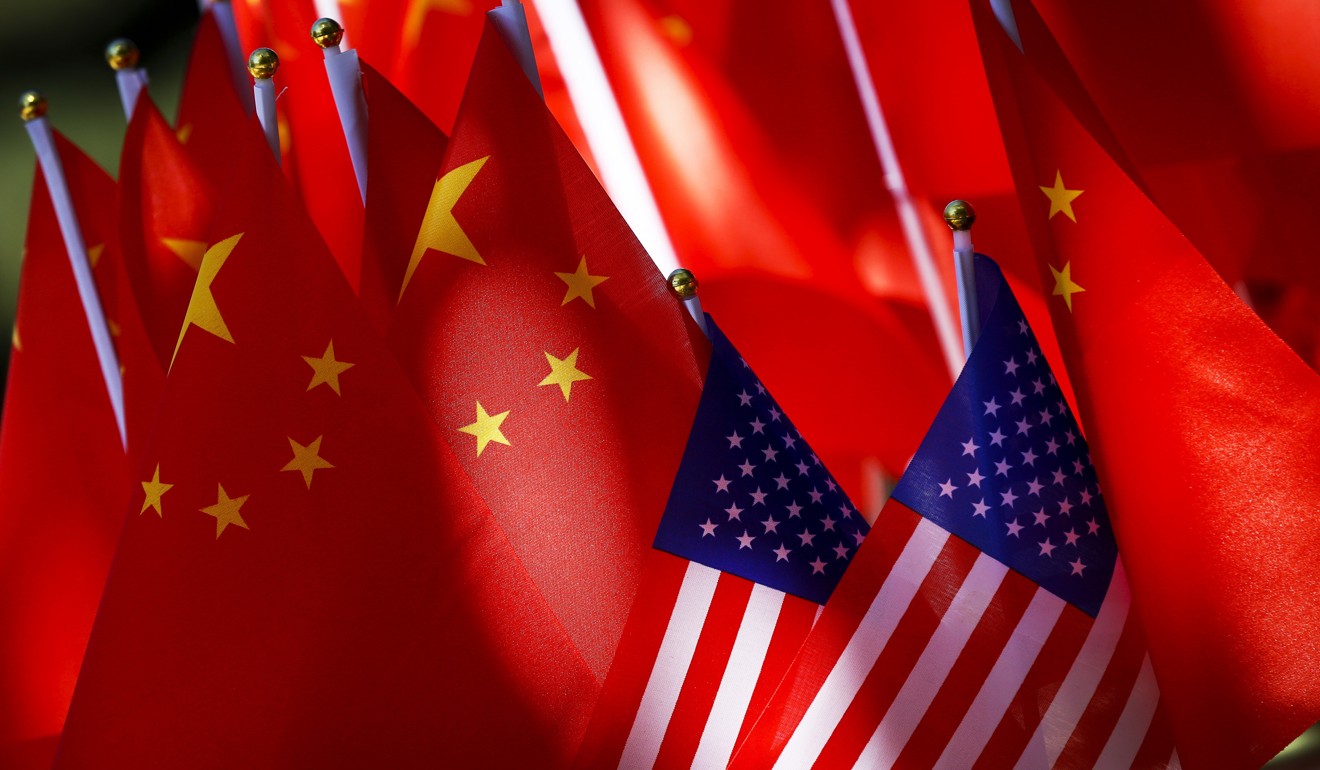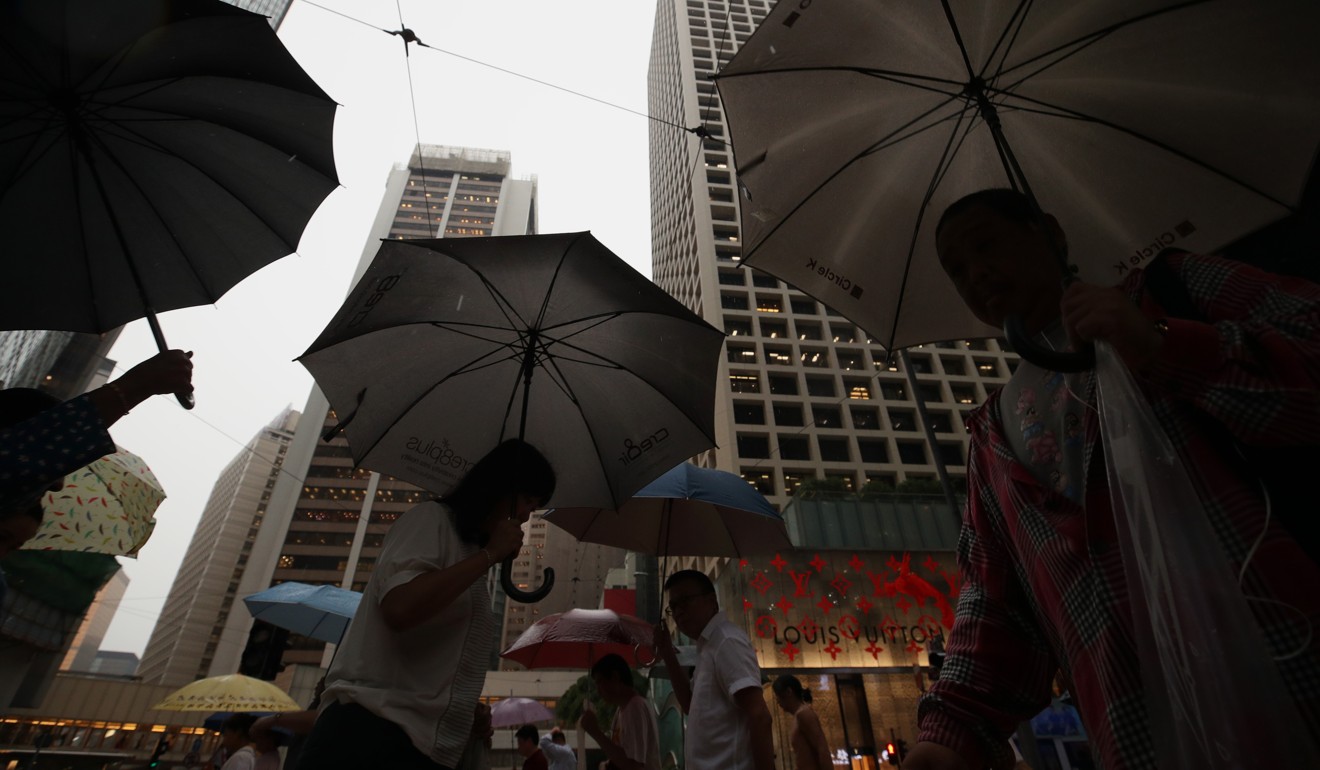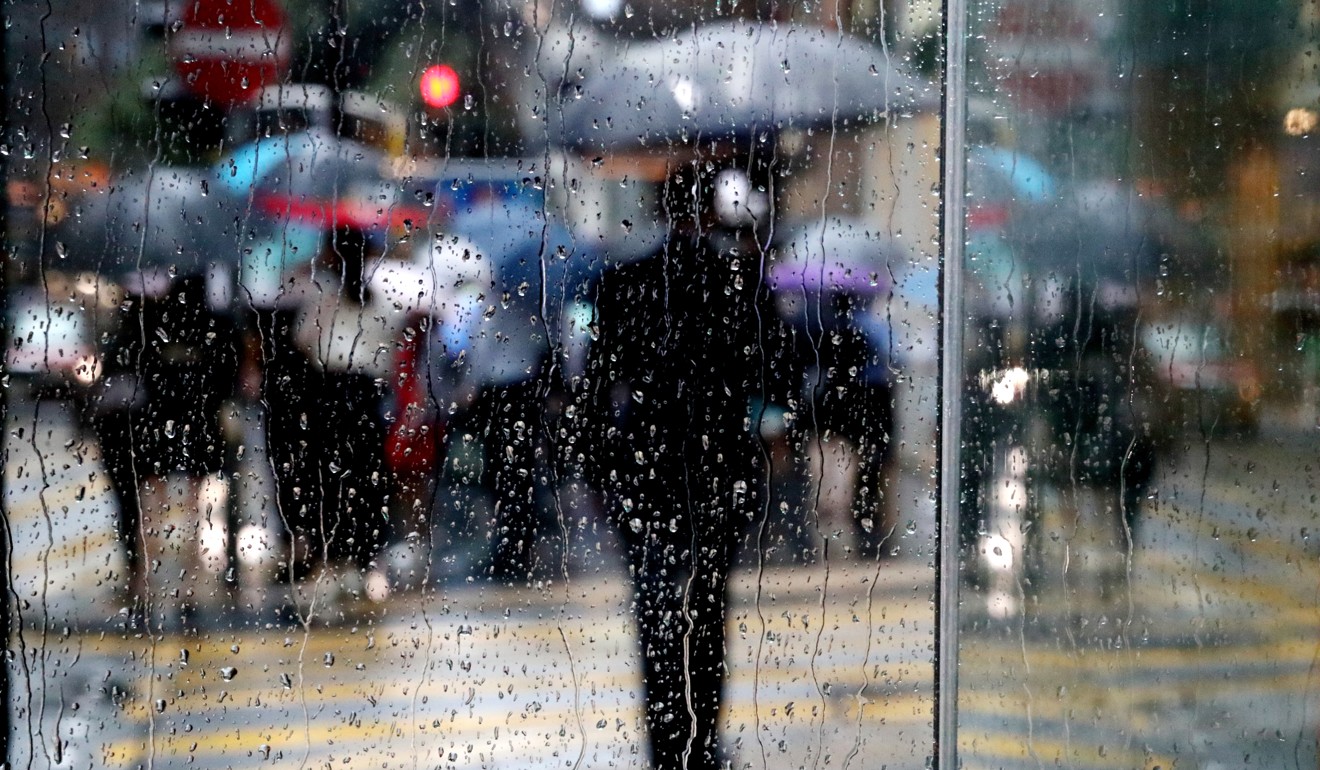
Businesses welcome Hong Kong government relief measures to help ride out economic downturn but retail sector and tenants of private landlords feel left out
- Many businesses will benefit from fees and charges being waived for one year, while others will get rent cuts for six months
- Retailers say measures don’t do enough to address their plight

Most businesses welcomed government relief measures to ease their plight on Thursday, but some industry players called for more financial aid as they lamented the lack of targeted measures to help them fend off the economic chill.
They made the appeal as Financial Secretary Paul Chan Mo-po announced a host of relief measures to help Hong Kong’s enterprises ride out the slowdown amid escalating social unrest caused by anti-government protests and uncertainty from the US-China trade war.
The measures include waiving 27 groups of government fees and charges for one year; reducing rents for most short-term tenancies on government property for community and business use; and further enhancements to two government funds, namely the BUD Fund – for branding, upgrading and domestic sales – and the SME Export Marketing Fund.

“They will provide impetus for our economy and help cushion the enterprises and people of Hong Kong against challenges arising from economic uncertainties,” Chan said.
Simon Wong Ka-wo, president of the Hong Kong Federation of Restaurants and Related Trades, welcomed the relief measures for the city’s 340,000 small and medium-sized enterprises (SMEs), but he said the dining sector needed more help to ride out the economic storm.
“For a big restaurant, the licence fee ranges from HK$10,000 to HK$20,000. For a small shop, the fee is only a few thousand. In other words, the fee waivers won’t help much,” he said.

He called on the government to consider other measures such as subsidies for electricity and salaries so employers can hire from among underprivileged groups like people over the age of 60. “These kinds of subsidies could relieve businesses’ financial burdens and they may prevent staff lay-offs,” he said.
Retail Management Association chairwoman Annie Tse Yau On-yee argued the targeted measures for the retail sector were not enough.
“The relief measures centre on retail stores on government leases. Those who can benefit are only a small group of traders. I think the measures have not targeted the plight of the retail sector,” she noted.
The sector has been taking a battering, with sales in June slumping by 6.7 per cent at HK$35.2 billion. Retail sales of jewellery, watches and clocks, and valuable gifts were hardest hit, with a drop of 17 per cent.

As most retail shops are rented from private landlords, she called on the city’s property owners to follow suit to reduce rent to help retailers. “I hope property owners might offer a helping hand to retailers to ride out the storm,” she said.
Danny Lau Tat-pong, honorary chairman of the Hong Kong Small and Medium Enterprises Association, described the measures such as fee waivers and rent reduction as “window-dressing”, because the help they provided was minimal.
He suggested the government consider offering funding or loans for businesses to relocate from mainland China to other regions where production costs are cheaper.
He also urged the government to streamline and speed up the application procedures for the two funds so applicants can get the assistance quickly to ease their cash flow. “The application procedures are complex and it takes quite a long time to process,” he said.

However, Joe Chau Kwok-ming, president of the Hong Kong General Chamber of Small and Medium Business, said the measures were a timely help that showed the government’s sincerity. “To a certain extent, measures such as the rent cut and fee waivers could immediately ease some difficulties for SMEs. But of course I hope that the government will introduce stronger doses for the retail sector,” he said.
He also expressed hope the Hong Kong Monetary Authority could urge local banks to be more lenient with late payments by local businesses and their credit limits.
Pauline Wong, who runs a stationery and gift shop in Causeway Bay that features the work of local designers, said her business in July had dropped by one-third and she expected further dips this month.
“Due to the ongoing protests, I’ve lost 95 per cent of the tourist business while the local people aren’t in any mood for spending. At night the streets of Causeway Bay get very quiet as people rush back home as soon as they get off work,” she said.
Wong, whose monthly rent is over HK$20,000 (US$2,550), said her shop would not benefit from the government assistance as the measures did not target the retail sector. “I hope the government might consider handing out cash subsidies for small retailers to pay rent,” she said.